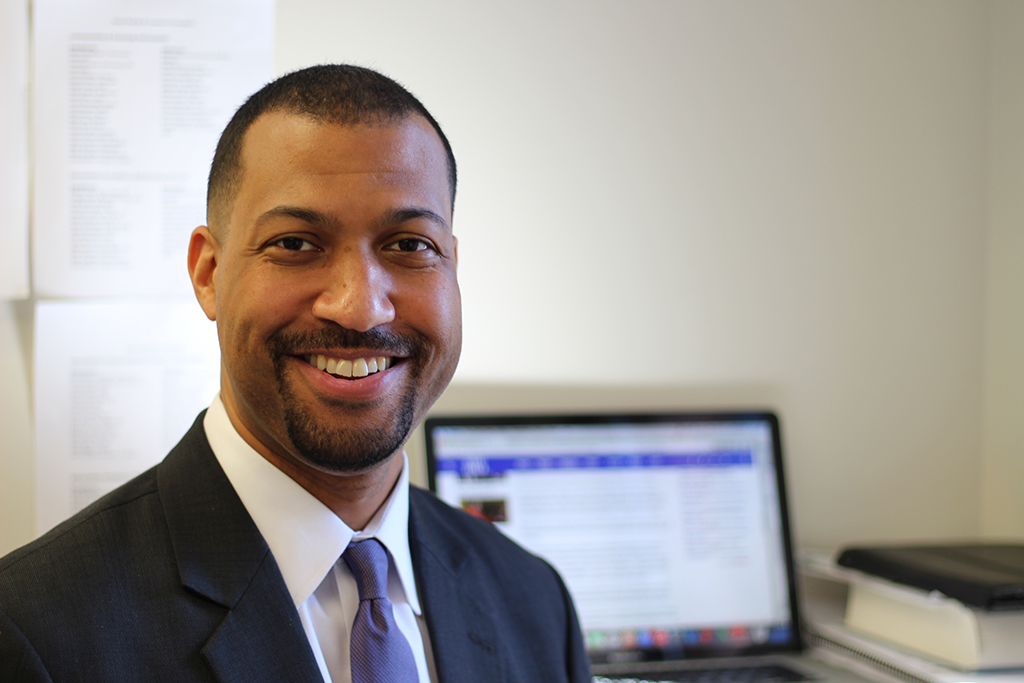
Federal Communications Commission chair Jessica Rosenworcel should be commended for the agency’s careful decision to refer the effort by hedge fund Standard General and private-equity fund Apollo Global Management to take over broadcaster Tegna to an administrative law judge (ALJ) at the regulator. There, the facts can be clearly determined around the public-interest standards at stake, including localism, consumer prices, the impact on jobs and diversity of media ownership.
I was proud when my organization, Public Knowledge, joined with labor unions, civil rights groups, public interest nonprofits, and multiple companies to raise questions about Standard General and Apollo taking over the nation’s second-largest local broadcast TV station owner, Tegna. For years our organizations have fought to stem the tide of media consolidation that is contributing to the gutting of newsroom staffs and the reduction in truly local content to meet the needs of diverse communities across our nation.
Hedge funds have a history of stripping their new acquisitions down for parts to cut large costs quickly, including firing workers and scaling back operations. In the case of broadcast channels, hedge funds look to cut back on local news and other diverse, targeted programming in favor of national content. FCC filings have shown that this acquisition was structured in a complicated way in order for Standard General to enter into joint retransmission consent negotiations to increase costs for cable TV subscribers. These public interest concerns are always considered in FCC license transfers and certainly warrant a hearing with the agency’s administrative law judge.
A fact-finding hearing in front of an ALJ makes sense if FCC staff feels it does not have full, accurate information, or a clear picture of the transaction. In addition to the concerns about loss of local content and media consolidation, all parties controlling broadcast licenses in the U.S. are subject to laws about ownership or control by non-U.S. citizens. Concerns over foreign ownership from Apollo Global Management’s stake in the deal must be addressed. Normally after an FCC referral to the ALJ, the parties trying to get a deal approved would withdraw their applications and maybe try again with a different deal structure. Not this time. Instead, Standard General, with a self imposed deadline of May 22 to close the deal, has engaged in an expensive Washington smear and influence campaign that has become all too familiar around the FCC debates lately.
In 2022 the public saw a bad-faith smear campaign about issues outside the FCC’s jurisdiction sink a nominee to the commission. Democratic elected officials failed to be unified behind seating a strong public-interest advocate at the FCC in response to this influence campaign. Now, in 2023, we’ve seen chair Rosenworcel’s FCC criticized by Democrats like Sen. Bob Menendez (D-N.J.) for simply following agency processes to get detailed answers about a major broadcast acquisition. In fact, Senator Menendez openly threatened the renomination of the only commissioner of color at the FCC, Geoffrey Starks, and by implication his own party’s ability to control the FCC agenda. Our hope is that such criticism and direct threats to the agency’s important consumer-protection work does not prevent the FCC from doing its investigation and making judgments based on the facts of the transaction. Now more than ever, Congress and the public need expert regulators protecting the public from tech and media consolidation. While we wait for Congress to create a regulator for dominant digital platforms, we already have an expert agency for media and telecommunications in the FCC. Its mandate to protect the public is clear and the debate around this transaction should focus on those protections and the transaction's details.
On this transaction, the Rosenworcel FCC has led with clear, simple process and standard questions. The timing may be difficult for Standard General, but that is their responsibility to adjust their transaction and timeline to fit the necessary review, not the other way around.







